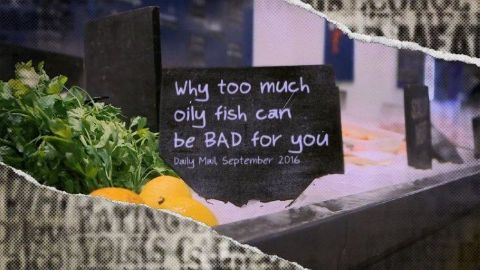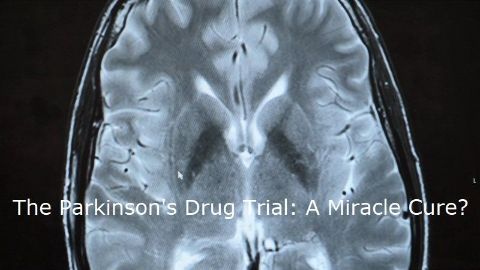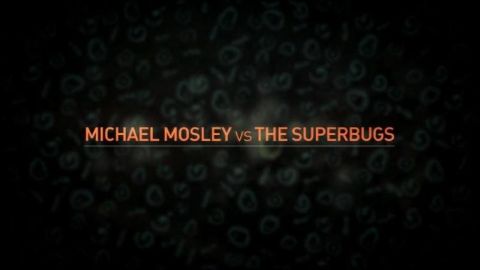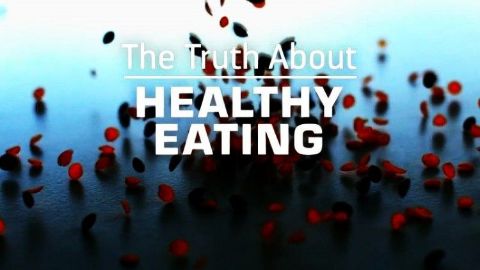You might also like
Gloria Hunniford and Chris Bavin They investigate claims that oily fish may not be the wonder food it is often said to be after reports state it could even be dangerous.
S2E1 • Food: Truth or Scare • 2017 • Health
Filmed over six years following a group of volunteers with Parkinson's disease as they take part in a ground-breaking medical trial to test a new drug that could be the first to halt progression or even reverse their condition.
2019 • Health
Cheap, quick and tasty, fast food became a culinary craze in the 1950s. But has our quest for convenience created an irreversible health crisis?
S1E1 • History 101 • 2020 • Health
For 70 years we've waged war against harmful bacteria using antibiotics. But bacteria are fighting back and today more and more bacterial infections are becoming resistant to antibiotics. Drug-resistant superbugs are spreading; not just MRSA - also TB, pneumonia, e-coli. In Britain, hundreds are already dying of these infections - mainly the very young or the frail and elderly. But experts warn that unless we crack the problem, by 2050 we'll be facing a massive health crisis with over 10 million people dying of resistant bacterial infection worldwide every year.
2017 • Health
Fewer children in the United States are getting vaccinated. That’s bad news for those kids, and also for public health in general. Often, the response is to argue and debate and get angry at people who are we see as making terrible, irrational decisions. Instead of doing that, let’s use science to understand why this is happening in the first place.
Fiona Phillips teams up with leading scientists to look at how to eat and drink to good health, and she uncovers some surprising truths. She reveals which cheap, everyday foods can give us all the benefits of so-called superfoods at a fraction of the price and why frying can be the healthiest way to cook. Fiona becomes a human guinea pig to test some of the top-selling health drinks and supplements. She investigates whether antioxidant smoothies really give us the healthy boost we think and discovers why multivitamin pills might do us more harm than good. In a unique experiment with scientists from Aston and Liverpool John Moores universities, she sets out to find the healthiest breakfast, and discovers why we'd be better off with bacon and eggs rather than cereal and fruit. To find out whether we can really detoxify our bodies, she puts some popular detox foods and drinks to the test and reveals why we're better off with fresh foods and the odd glass of wine.
2016 • Health





